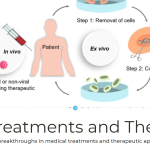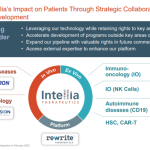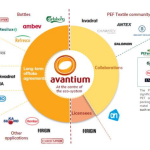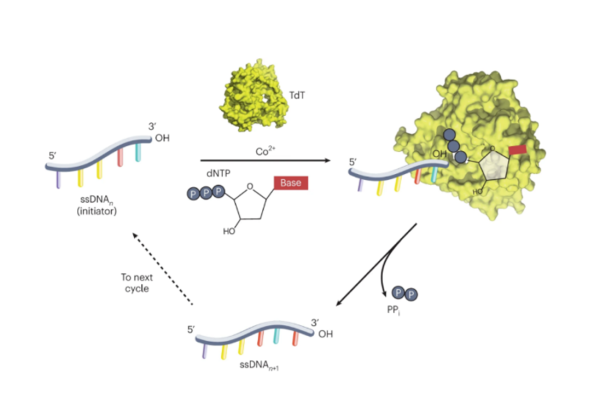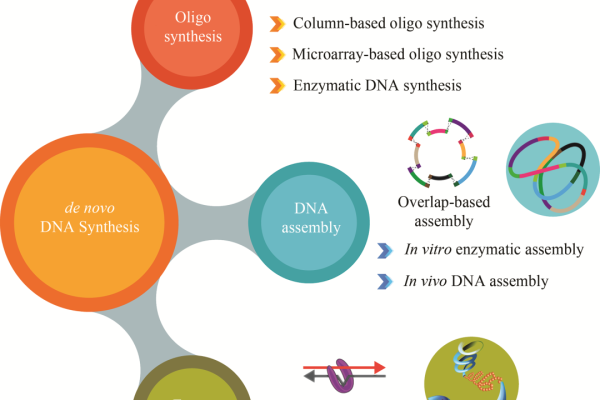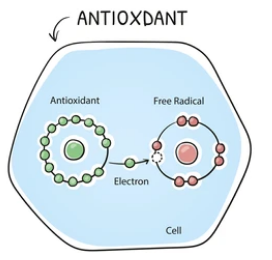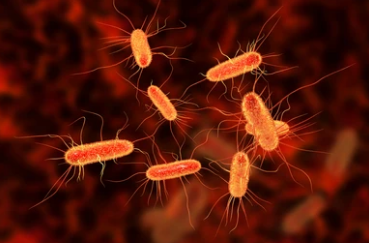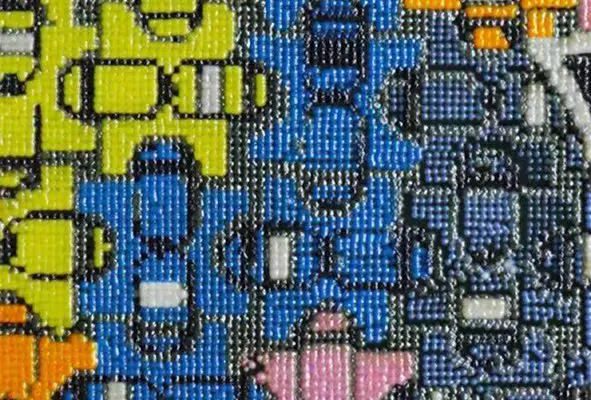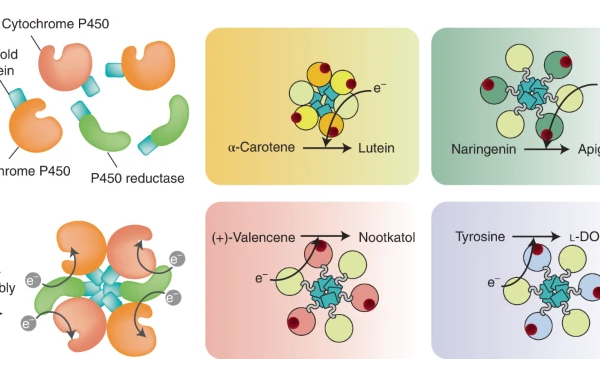
Nature catalysis | Production of natural products through Escherichia coli metabolic engineering using electronic channels
Research background: The biosynthesis of natural products usually requires the binding of eukaryotic cytochrome P450 (P450) to P450 reductase, which is physically close and undergoes electron transfer reactions. Research question: Unfortunately, the functional expression of eukaryotic p450 in bacteria is often still difficult. Research content and results: 1) The author of this article artificially approached…

